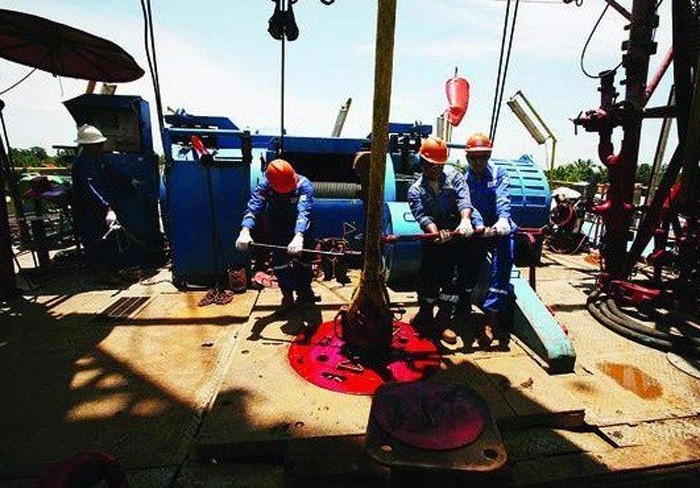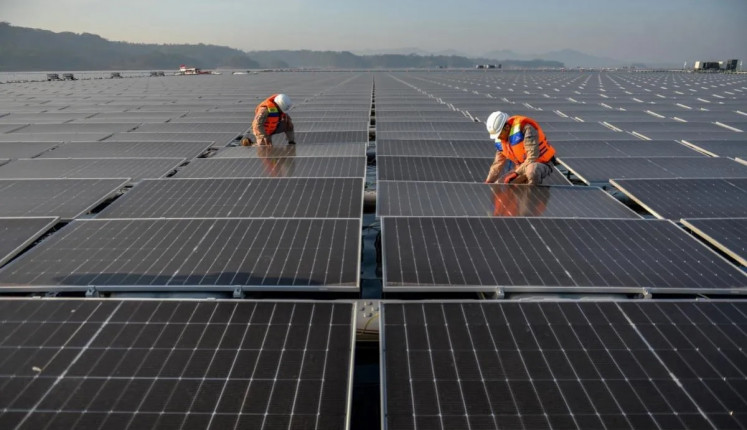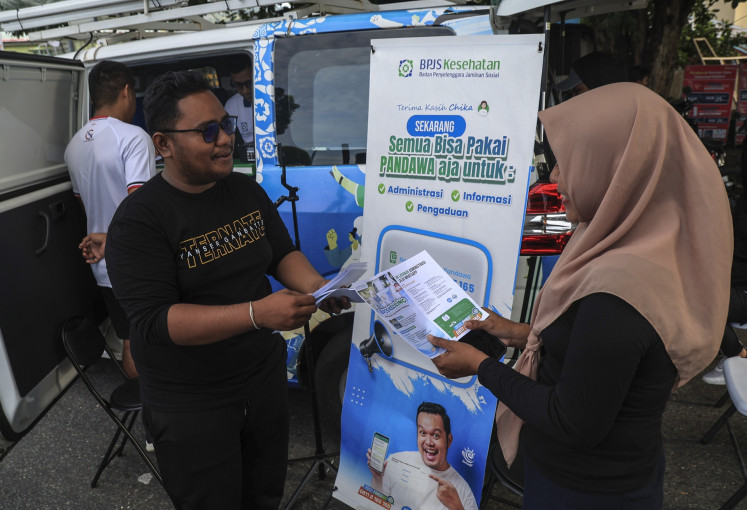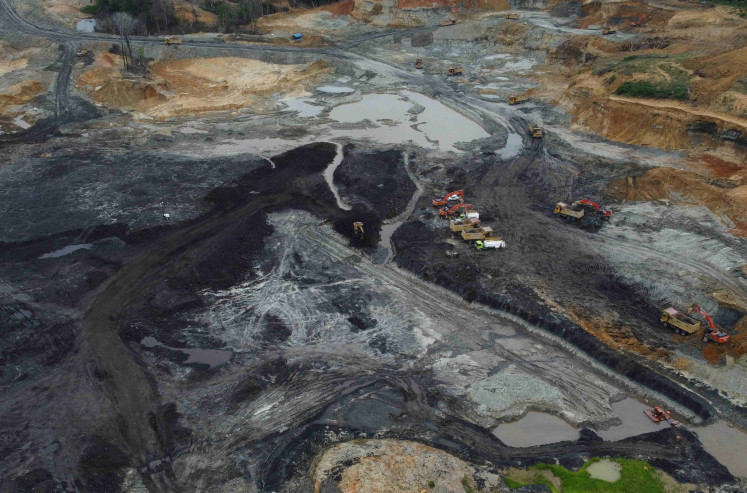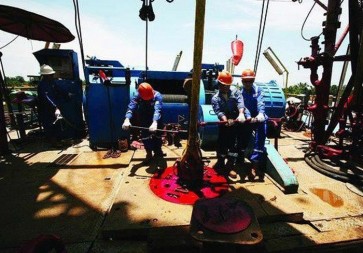Popular Reads
Top Results
Can't find what you're looking for?
View all search resultsPopular Reads
Top Results
Can't find what you're looking for?
View all search resultsGross split in oil production sharing contracts
Another distinct feature of a gross split PSC is how it allocates upstream project cash flows to contracting parties. Generally speaking, it is all about who gets what. For the state, a gross split PSC awards economic benefits such as share of production, bonuses and income taxes.
Change text size
Gift Premium Articles
to Anyone
T
he Energy and Mineral Resources Ministry recently enacted the gross split production sharing contract (PSC) through ministry regulation no. 8/2017. As its distinct feature, the gross split PSC does not use the costrecovery mechanism, currently applied to all PSCs. The gross split scheme allocates oil and gas production to contracting parties based on gross production. This contrasts significantly with the traditional Indonesian PSC concept, where oil and gas production was shared between the government and companies (contractors) after deducting the production costs (cost recovery).
The regulation stipulates that the initial base splits for government and companies in the gross split PSC are 57 percent/43 percent and 52 percent/48 percent, for oil and natural gas respectively. The base splits are adjustable by incorporating other metrics, which are called variable and progressive components.
Variable components include the block status, the field’s location, the reservoir depth and type, the availability of supporting infrastructure, the content of carbon dioxide and hydrogen sulfide, the oil’s weight, local content and stages of production. Variable components can adjust contractors’ base splits negatively and positively. Each component’s adjustment varies, but it may range from 16 percent to minus 5 percent.
Furthermore, there are two progressive components, namely oil price and cumulative production. A lower Indonesian Crude Price (ICP) than US$40 per barrel will improve contractors’ base split by 7.5 percent, but if ICP skyrockets to $115 per barrel (or above), the contractors’ base split will be cut by 7.5 percent. Regarding the cumulative production, greater production means more reduction of contractors’ production split.
As already mentioned, the absence of a cost-recovery mechanism is one of the gross split PSC’s distinct features. In a traditional Indonesian PSC, cost recovery is essentially the capital and operating expenditures of upstream operation, which are paid and assumed in advance by oil and gas companies. Without capital and operating expenditures, it is impossible to run an upstream project.
A gross split PSC creates an impression that it erases cost recovery. The term “cost recovery” can be erased, but the costs (capital and operating expenditures) do not disappear because they are real business costs. They just no longer can come up as cost recovery.
As a matter of fact, Article 14 of the regulation states that contractors’ upstream costs can be deducted in calculating their income taxes. In this situation, it might be correct to say that a gross split PSC eliminates cost recovery terms and procedures, but capital and operating expenditures will continue to show up on oil companies’ income tax returns. As an important note, despite the gross split PSC not having a cost-recovery component; all upstream operational equipment purchased or procured by companies automatically belongs to the state.

